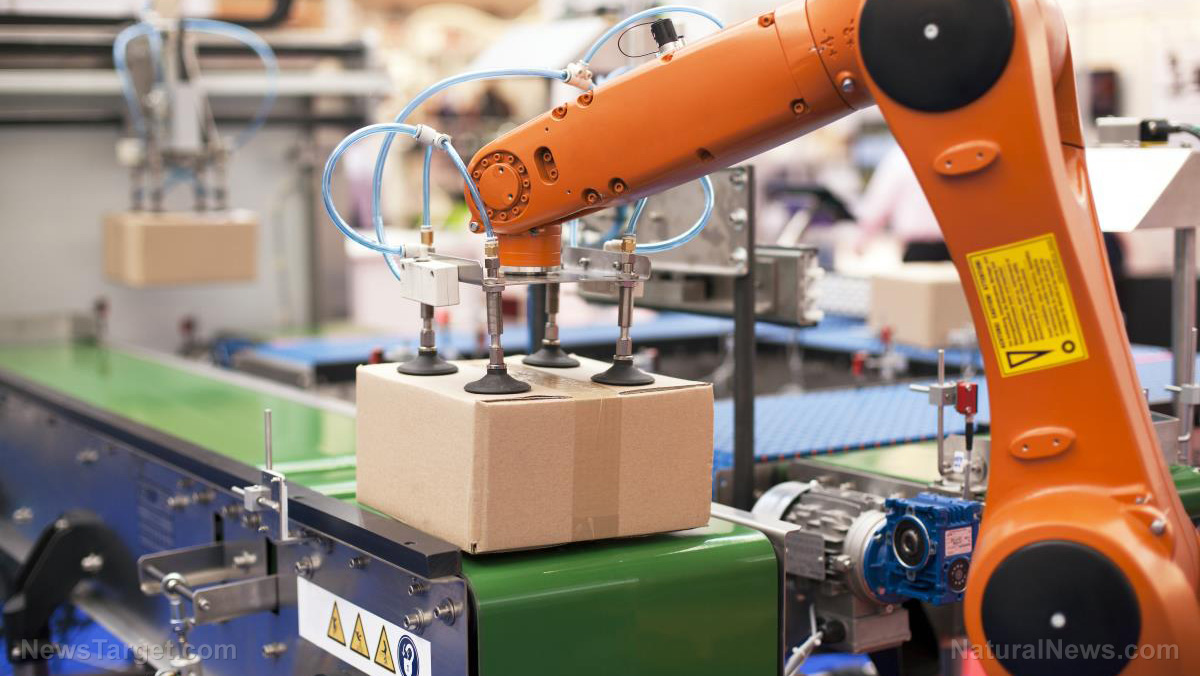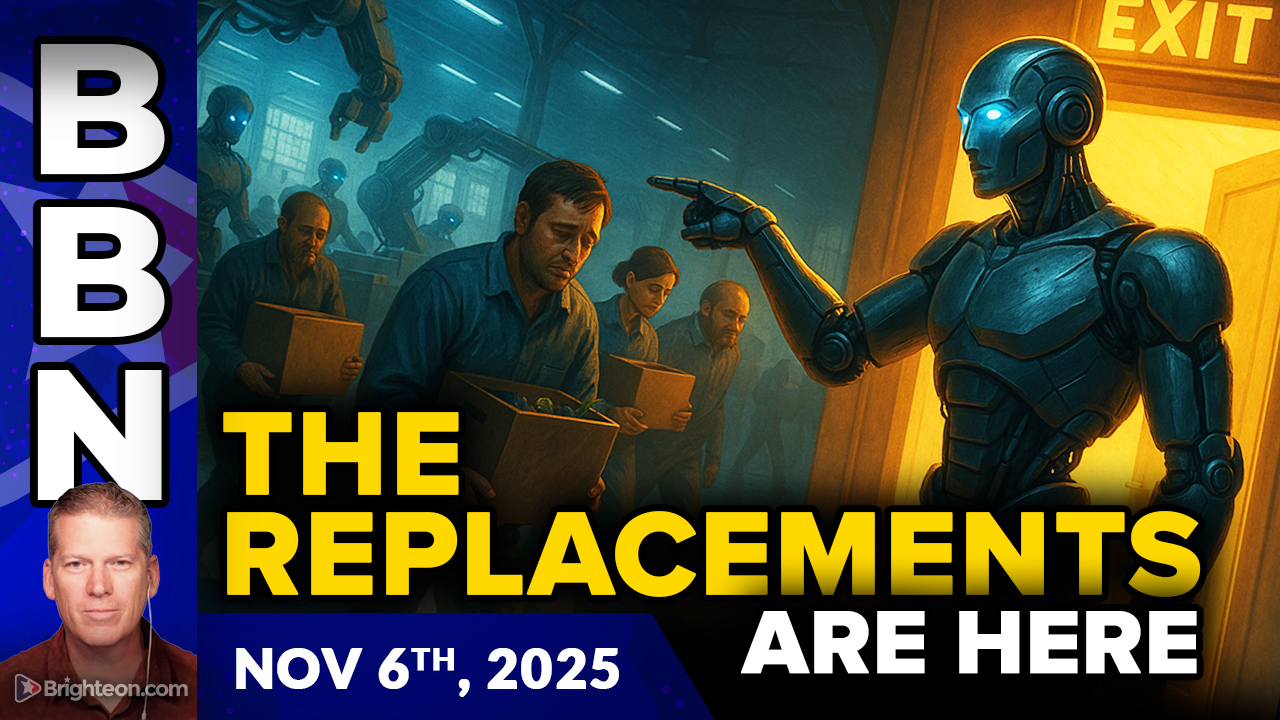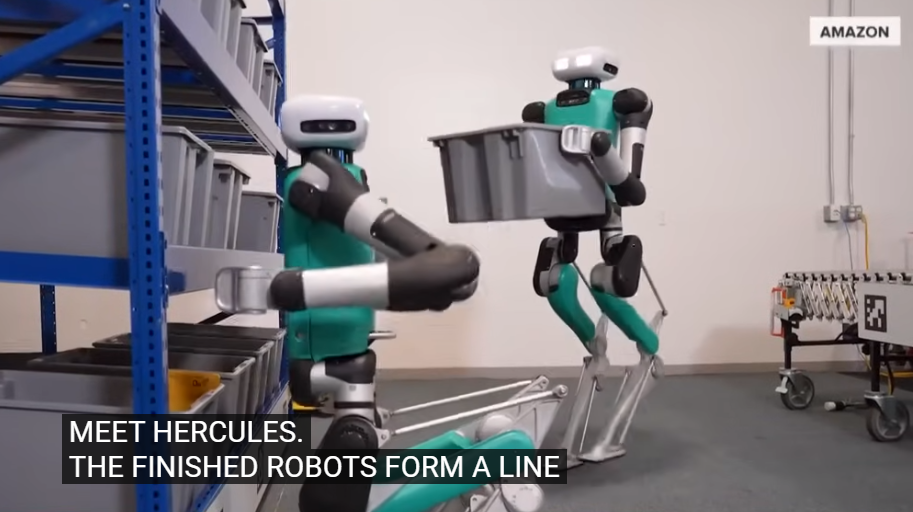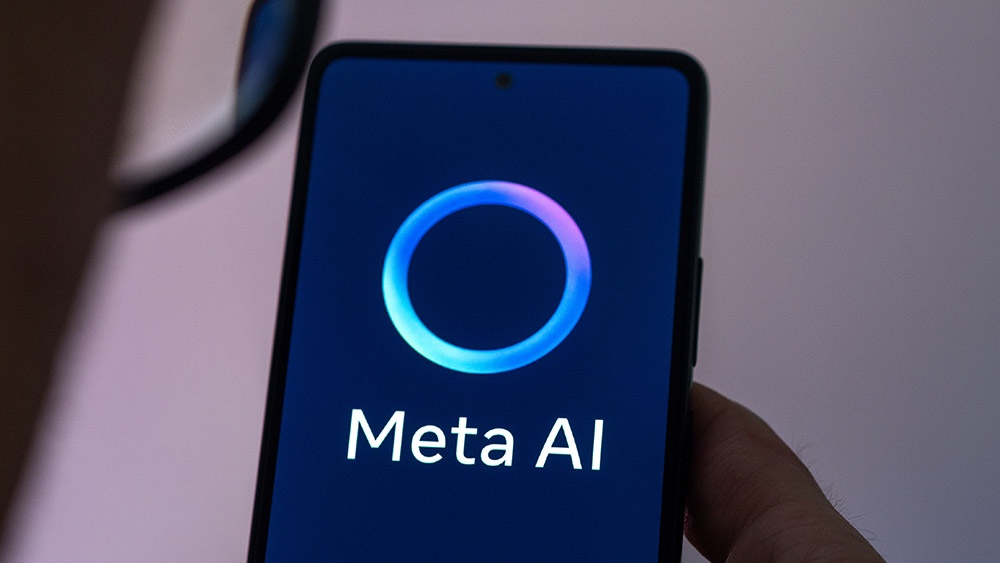Agentic AI set to dominate consumer markets by 2026, spurring hiring boom and workplace transformation
11/09/2025 / By Kevin Hughes
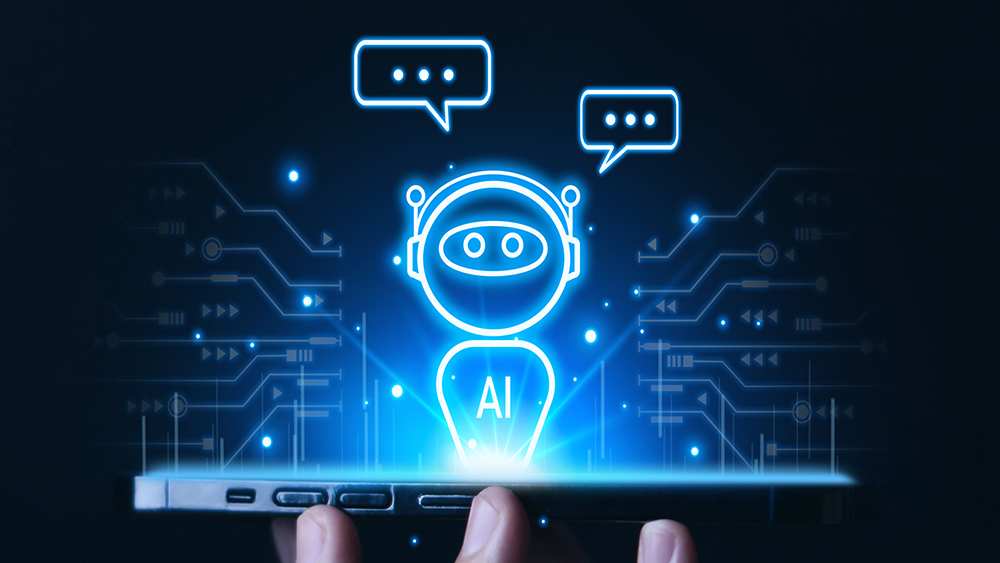
- Autonomous AI systems will become ubiquitous, handling tasks like scheduling, health monitoring and errands with minimal human oversight. Nearly all (96 percent) surveyed technologists expect rapid adoption as businesses invest heavily.
- As AI takes over analytical roles, demand for human data analysts (to verify AI outputs) will surge. Skills in AI ethics, data analysis and machine learning will grow, while software development roles may decline due to AI automation.
- Key sectors like software, banking, healthcare and automotive will see major AI disruption. Humanoid robots may transition from novelties to common workplace collaborators.
- About 49 percent of companies building AI plan rapid integration, while 33 percent using third-party AI prefer stricter internal policies. Generative AI adoption is accelerating, with 35 percent of firms implementing it company-wide for financial gains.
- Most experts believe AI will enhance (not replace) 26-50 percent of jobs by 2026, with only 4 percent predicting near-total automation. Infrastructure (e.g., data centers) remains a bottleneck, requiring 5-7 years to meet AI demand.
Artificial intelligence (AI) is advancing at “lightning speed,” and within the next two years, AI-driven “smart assistants” will become ubiquitous in households and workplaces worldwide, according to a new global survey by the Institute of Electrical and Electronics Engineers (IEEE).
The study, titled “The Impact of Technology in 2026 and Beyond,” forecasts mass adoption of agentic AI—autonomous AI systems capable of independently executing tasks—by consumers and businesses alike.
“An agentic AI, short for agentive artificial intelligence, is a type of AI system designed to act autonomously and proactively in its environment, exhibiting behaviors that mimic human agency. Unlike reactive AI, which responds to specific inputs or commands, agentic AI systems possess the ability to make decisions, plan and initiate actions to achieve specific goals or objectives,” BrightU.AI‘s Enoch explained. “This is achieved through advanced programming, machine learning algorithms and sometimes, reinforcement learning.”
AI assistants enter daily life
The survey, which polled 400 CIOs, CTOs and IT directors across six countries, predicts that agentic AI will soon handle routine personal tasks with minimal human oversight. Key applications expected to reach near-mass adoption by 2026 include:
- Personal assistants and schedulers (52 percent)
- Data privacy managers (45 percent)
- Health monitors (41 percent)
- Errand automators (41 percent) (e.g., grocery ordering)
- News curators (36 percent)
“Agentic AI is like a smart assistant that, when given a task, can work independently, but still needs its work double-checked,” explains the IEEE report. A staggering 96 percent of technologists agree that adoption will accelerate rapidly as enterprises and startups invest heavily in the technology.
Data analyst hiring boom
As AI takes on more analytical roles, 91 percent of respondents foresee a surge in demand for human oversight—specifically, data analysts who can verify AI-generated results for accuracy and transparency. The most sought-after skills for AI-related roles in 2026 include:
- AI ethics (44 percent, up nine percent)
- Data analysis (38 percent, up four percent)
- Machine learning (34 percent, up six percent)
Interestingly, software development skills saw an eight percent decline, suggesting AI itself may soon handle much of the coding workload.
Robots as co-workers, AI reshaping industries
Beyond personal use, AI is set to revolutionize workplaces—including the integration of humanoid robots. While 77 percent of technologists believe these robots will initially add novelty, they predict they will soon become “commonplace co-workers with circuits.”
The industries expected to undergo the most dramatic AI-driven transformation include:
- Software (52 percent)
- Banking and financial services (42 percent)
- Healthcare (37 percent)
- Automotive and transportation (32 percent)
Other AI-influenced sectors include extended reality (36 percent) and autonomous vehicles (35 percent), though some experts remain skeptical about near-term viability.
Corporate AI policies: Full speed ahead
The survey reveals a split in corporate AI governance strategies:
- 49 percent of companies building their own AI plan to integrate it “full speed ahead,” aligning policies with government regulations.
- 33 percent of organizations using third-party AI prefer stricter internal guidelines on usage.
Generative AI adoption is also accelerating, with 39 percent of firms using it selectively and 35 percent rapidly integrating it company-wide, expecting measurable financial returns.
Job augmentation, not replacement
Despite fears of AI-induced unemployment, most respondents believe AI will augment—not replace—human roles:
- 51 percent predict AI will enhance 26-50 percent of global jobs by 2026.
- Only four percent foresee AI automating 76-100 percent of jobs.
However, infrastructure remains a bottleneck. About 49 percent of technologists estimate it will take 5-7 years to build sufficient global data centers to meet AI demand.
Skepticism amid the hype
While the IEEE report paints an optimistic picture, some industry veterans urge caution.
Others question the practicality of near-term applications like extended reality, calling them distant prospects at best.
The AI revolution accelerates
As AI evolves from a specialized tool into a consumer-facing assistant, its impact will be felt across industries, job markets and daily life. Whether through robotic co-workers, automated errands, or AI-curated news, the next two years promise a seismic shift—one that demands both enthusiasm and scrutiny.
Watch the video below about an agentic AI in action.
This video is from the Logicsquare7 channel on Brighteon.com.
Sources include:
TheManufacturingConnection.com
Submit a correction >>
Tagged Under:
Agentic AI, AI, AI ethics, artificial intelligence, autonomous vehicles, data analysis, extended reality, humanoid robots, job markets, machine learning, smart assistant, technologists
This article may contain statements that reflect the opinion of the author
RECENT NEWS & ARTICLES
COPYRIGHT © 2017 BigTech.news
All content posted on this site is protected under Free Speech. BigTech.news is not responsible for content written by contributing authors. The information on this site is provided for educational and entertainment purposes only. It is not intended as a substitute for professional advice of any kind. BigTech.news assumes no responsibility for the use or misuse of this material. All trademarks, registered trademarks and service marks mentioned on this site are the property of their respective owners.




